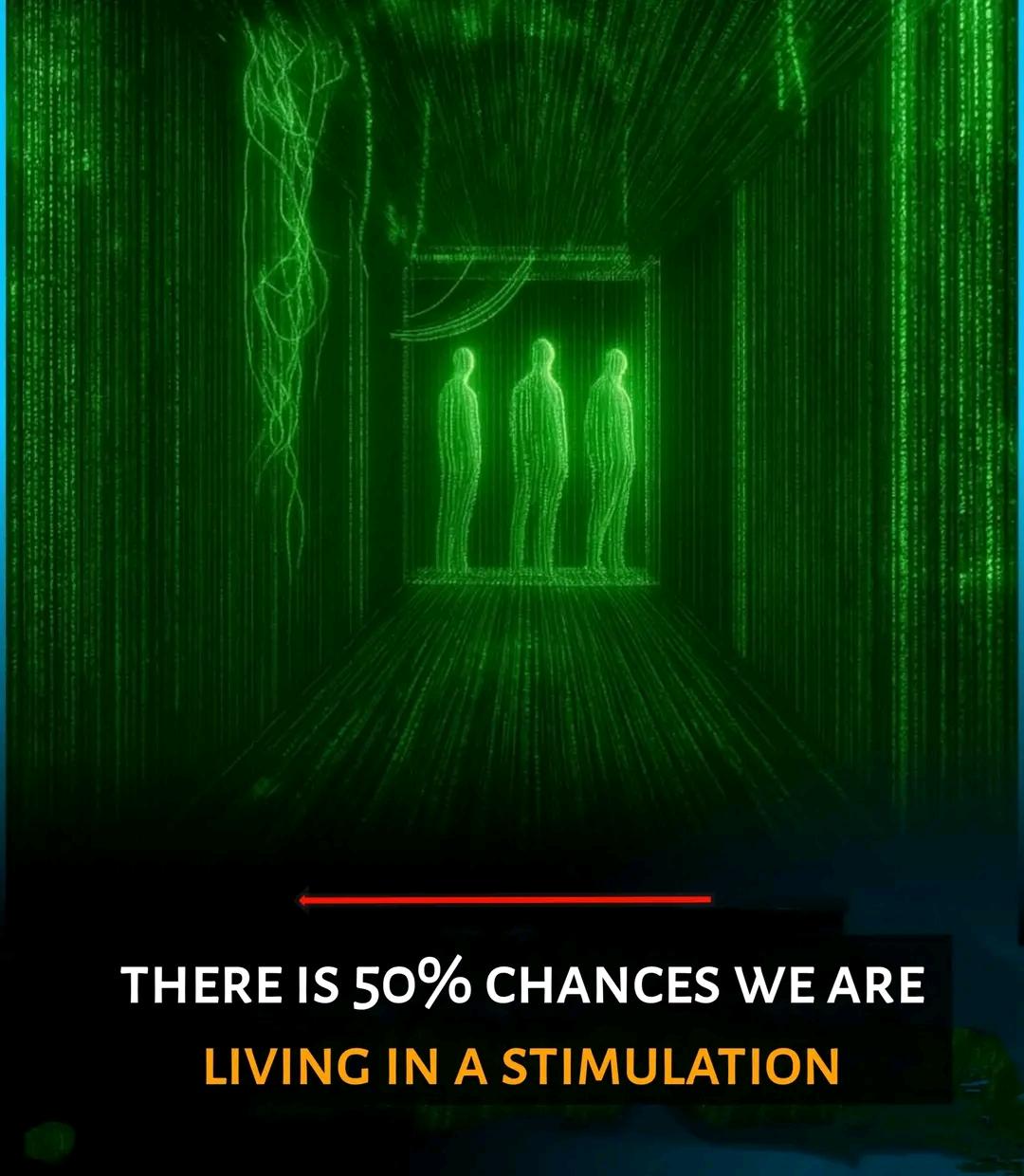Is reality real, or are we living in a simulation?

Imagine a world where the possibility of living in a simulation is not just science fiction but a 50/50 chance. That’s the bold claim from a study by Columbia University astronomer David Kipping. Using Bayesian analysis, Kipping calculated a 50.2% chance that we’re living in base reality—the “real world”—and a 49.8% chance that we are, in fact, part of a sophisticated simulation. The results show just how razor-thin the line is between reality and illusion.
The idea, known as the simulation hypothesis, was first proposed in 2003 by philosopher Nick Bostrom. He argued that if a civilization can create simulations of conscious life, it’s more likely that most conscious beings would be simulated rather than real. Kipping’s model suggests that while simulations can only recurse so far before losing detail, the odds are still split, making it almost equally likely we’re at the top of the stack or inside a simulation.
As quantum computing advances, future experiments may test the very fabric of our universe, potentially uncovering computational anomalies or digital "glitches" that reveal the truth. Until then, we remain in a state of uncertainty—living half in the real world, half in the machine.
#DidYouKnow #FoodForThoughts #InterestingFacts #SimulationHypothesis #QuantumComputing #RealityOrSimulation #matrix #stimulation


